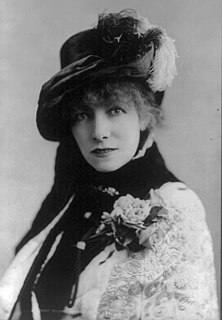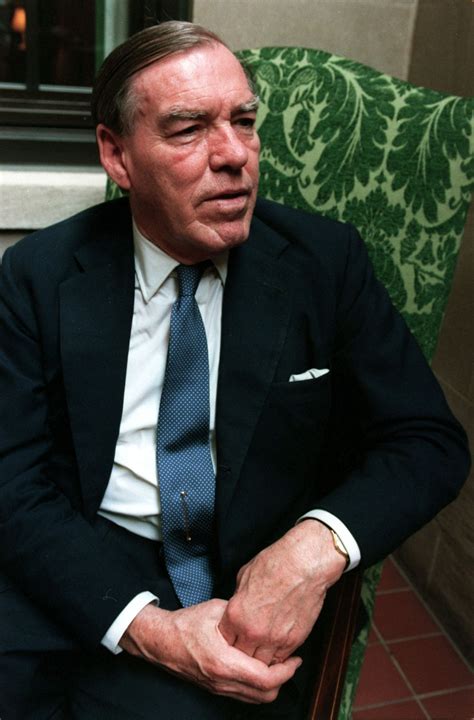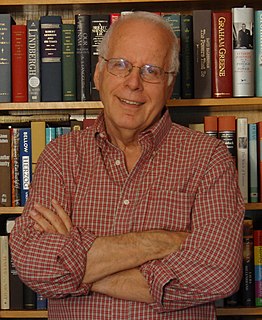A Quote by Gilbert K. Chesterton
We are talking about an artist; and for the enjoyment of the artist the mask must be to some extent moulded on the face. What he makes outside him must correspond to something inside him; he can only make his effects out of some of the materials of his soul.
Related Quotes
Some souls think that the Holy Spirit is very far away, far, far, up above. Actually he is, we might say, the divine Person who is most closely present to the creature. He accompanies him everywhere. He penetrates him with himself. He calls him, he protects him. He makes of him his living temple. He defends him. He helps him. He guards him from all his enemies. He is closer to him than his own soul. All the good a soul accomplishes, it carries out under his inspiration, in his light, by his grace and his help.
I feel ever so strongly that an artist must be nourished by his passions and his despairs. These things alter an artist whether for the good or the better or the worse. It must alter him. The feelings of desperation and unhappiness are more useful to an artist than the feeling of contentment, because desperation and unhappiness stretch your whole sensibility.
The artist's personality must be left in his dressing-room; his soul must be denuded of its own sensations and clothed with the base or noble qualities he is called upon to exhibit.... [he] must leave behind him the cares and vexations of life, throw aside his personality for several hours, and move in the dream of another life, forgetting everything.
We must carry the war into every corner the enemy happens to carry it, to his home, to his centers of entertainment: a total war. It is necessary to prevent him from having a moment of peace, a quiet moment outside his barracks or even inside; we must attack him wherever he may be, make him feel like a cornered beast wherever he may move. Then his moral fiber shall begin to decline, but we shall notice how the signs of decadence begin to disappear.
The artist of the future will live the ordinary life of a human being, earning his living by some kind of labour. He will strive to give the fruit of that supreme spiritual force which passes through him to the greatest number of people, because this conveying of the feelings that have been born in him to the greatest number of people is his joy and his reward. The artist of the future will not even understand how it is possible for an artist, whose joy consists in the widest dissemination of his works, to give these works only in exchange for a certain payment.
In the Small group the individual can know the effects of his actions on his several fellows, and the rules may effectively forbid him to harm them in any manner and even require him to assist them in specific ways. In the Great Society many of the effects of a person's actions on various fellows must be unknown to him. It can, therefore, not be the specific effects in the particular case, but only rules which define kinds of actions prohibited or required, which must serve as guides to the individual.
A man who tells secrets or stories must think of who is hearing or reading, for a story has as many versions as it has readers. Everyone takes what he wants or can from it and thus changes it to his measure. Some pick out parts and reject the rest, some strain the story through their mesh of prejudice, some paint it with their own delight. A story must have some points of contact with the reader to make him feel at home in it. Only then can he accept wonders.
I know I must conceal my sentiments: I must smother hope; I must remember that he cannot care much for me. For when I say that I am of his kind, I do not mean that I have his force to influence, and his spell to attract: I mean only that I have certain tastes and feelings in common with him.I must, then, repeat continually that we are forever sundered: - and yet, while I breathe and think, I must love him.




































